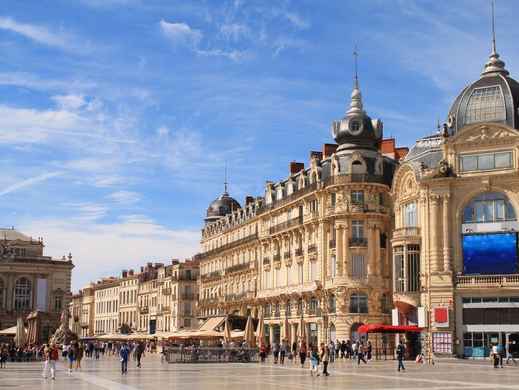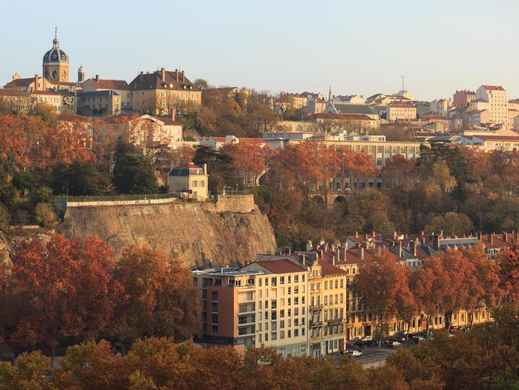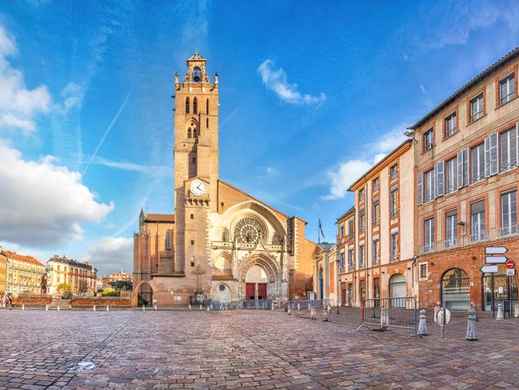


Marseille
Europe
/
France
/
Marseille
A vibrant blend of centuries-old maritime history and contemporary urban culture, Marseille is a bustling port city situated along France's Mediterranean coast. Framed by dramatic limestone cliffs and azure waters, it's France's second-largest metropolis that entices visitors with warm Mediterranean summers and mild winters, making it an appealing destination any time of the year.
The city's diverse multicultural identity, moulded over time by waves of immigration, presents a unique fusion of European and North African influences. This blend pours into the city's dynamic food scene, colourful street art, and animated conversations in local cafés. Unlike Paris's refined sophistication, Marseille offers a raw, authentic French experience resonating particularly with the younger traveling generation.
The crown jewel of the city, the Vieux-Port (Old Port), is still a functioning hub plush with fishing boats that dock each morning to sell their fresh catch. Marseille's iconic landmark, Notre-Dame de la Garde basilica, majestically sits atop the city, offering panoramic views that stretch out to the famous Calanques – limestone cliff formations that harbour hidden beaches and hiking trails. When it comes to local cuisine, the legendary fish stew, bouillabaisse, and navettes (orange blossom cookies) are mouth-watering delights no traveller should miss.
Wander through the pulsating Noailles neighbourhood, often coined the "belly of Marseille," where North African spice markets and local food vendors conjure up a vibe resonant of Marrakech than France. Don't miss out on a visit to the MuCEM (Museum of European and Mediterranean Civilisations), a breathtaking contemporary museum that unites the city's ancient and modern identity.

Travel Tips for Marseille
What you need to know before traveling here
Getting Around Marseille
A guide to Marseille's local transportation
Two metro lines serve central Marseille from 5 AM to 12:30 AM. Purchase a reusable "Le Pass" card from any station. Single journeys cost €1.70, while a 24-hour pass is €5.20. This clean, efficient system conveniently connects most major attractions.
Practical Tips for Marseille
Things to prepare and best way to visit
Marseille is generally safe, but it's advisable to exercise common precautions, especially at night. The central city and tourist spots are well-patrolled, but it's recommended to avoid the northern regions after sunset.
Use the airport's shuttle bus (navette) service that connects to Saint-Charles train station. Service frequency is every 20 minutes, and the journey time is approximately 25 minutes, costing €8.30.
The best times to visit the city are spring (April to June) and autumn (September to October), when you'll encounter fewer crowds and pleasant temperatures. Summers can be busy and hot, while winters remain mild but can be windy due to the Mistral.
Learning a few basic French phrases can be useful, but English is fairly known in tourist centres and among younger locals. Simple greetings will come in handy in local markets and restaurants.
A minimum of three days will give you sufficient time to explore the city's main attractions, embark on a Calanques trip, and soak up the local culture and cuisine.
See All Practical Tips for Marseille

Explore Marseille
Create your itinerary with our top picks below

Travel Tips for Marseille

Explore Marseille
More Destination Near Marseille





































 Facebook
Facebook Instagram
Instagram TikTok
TikTok Youtube
Youtube Telegram
Telegram
